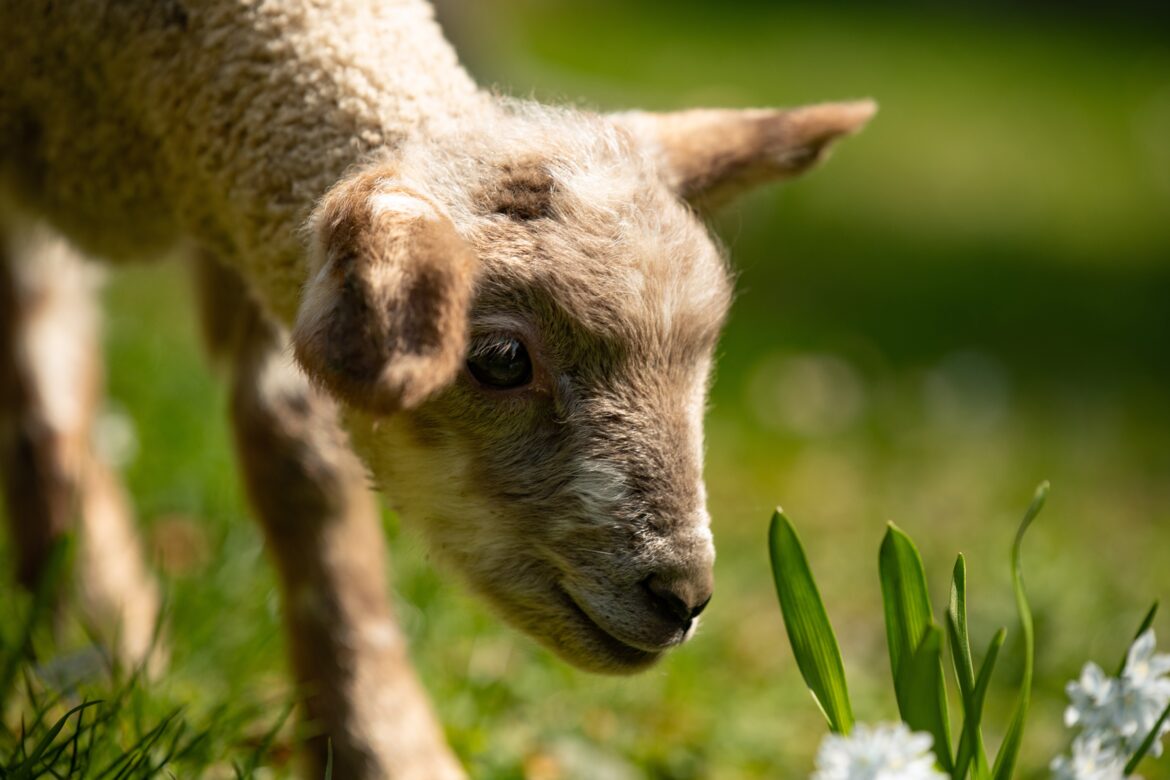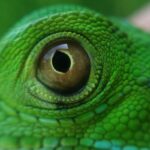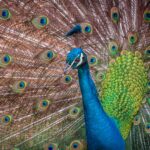Nicky Pybus reflects upon our natural inclinations to avoid harming animals and encourages Christians to radically reduce this harm by beginning their vegan journey this Lent.
The vast majority of people, if asked the question “Would you ever deliberately cause unnecessary harm to an animal?” would answer with an emphatic “No.” For most of us, our natural instinct is to love and care for animals, which is why so many of us have pets and enjoy watching wildlife in its natural habitat. Indeed, as we have seen during the recent lockdowns, people often feel drawn towards nature and the outdoors, particularly during times of stress or anxiety, and the benefits of this to both our physical and mental health are now well known.
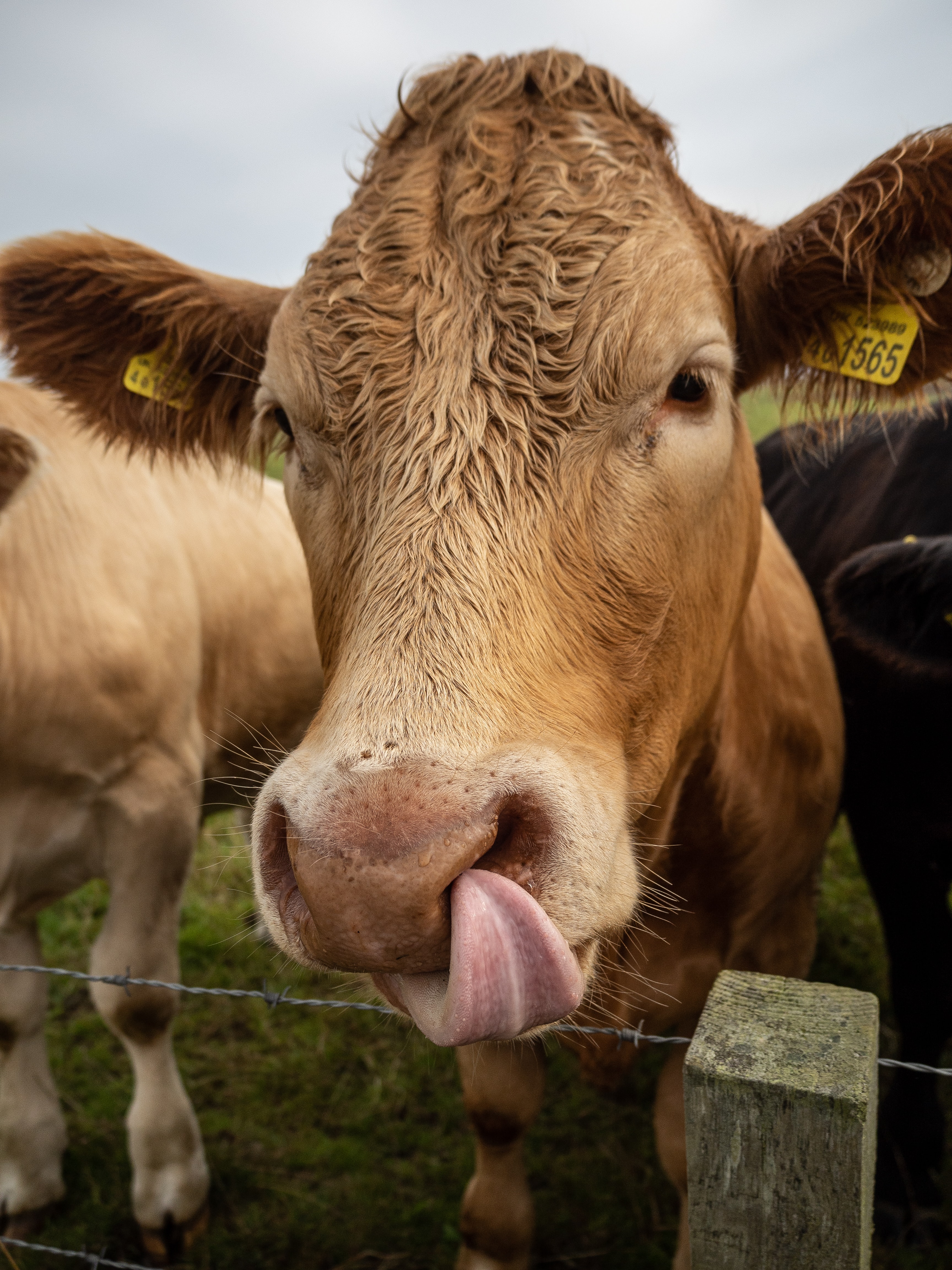 So why is it that, if our natural inclination is to care for and protect animals, we choose to eat some animals – pigs, sheep, cows, chickens – while the very thought of eating other animals – cats, dogs, guinea pigs – fills us with disgust? I was a meat-eater for the first 38 years of my life and yet I considered myself to be an “animal lover” as we always had pet cats and dogs growing up, I often chose to support charities like the RSPCA and World Wildlife Fund and I always chose to buy cruelty-free toiletries and make up. I had somehow separated cruelty towards pets or wild animals from cruelty towards farmed animals, even though this makes no logical sense when you think about it. We know that all sentient animals feel pain and yet we prefer not to think about that when we choose to eat meat and dairy products.
So why is it that, if our natural inclination is to care for and protect animals, we choose to eat some animals – pigs, sheep, cows, chickens – while the very thought of eating other animals – cats, dogs, guinea pigs – fills us with disgust? I was a meat-eater for the first 38 years of my life and yet I considered myself to be an “animal lover” as we always had pet cats and dogs growing up, I often chose to support charities like the RSPCA and World Wildlife Fund and I always chose to buy cruelty-free toiletries and make up. I had somehow separated cruelty towards pets or wild animals from cruelty towards farmed animals, even though this makes no logical sense when you think about it. We know that all sentient animals feel pain and yet we prefer not to think about that when we choose to eat meat and dairy products.
Sir Paul McCartney famously said, “If slaughterhouses had glass walls, we would all be vegetarian” and I think there’s a lot of truth in that. We turn away from the suffering, we don’t like to think about it or see it, and yet we all know it is the harsh reality of how a living, breathing animal turns into the meat on our plate. I wonder if all dairy farms had glass walls we would all be vegan, as most people don’t even think about the pain and suffering that cows have to endure in order to produce the vast amounts of milk we consume as dairy products.
As Christians, I believe we are first and foremost called to follow Jesus’ commandment, to “love God with all our heart and with all our soul and with all our mind and with all our strength” (Mark 12:30). As God created the whole world, including the animals that live in it, then surely loving God with all our heart, soul, mind and strength also includes loving his creation. For me, this means trying to live a life that does not cause any unnecessary harm to any other sentient beings, whether human or animal. I know that I fail to do this every day and I am far from perfect. But I do believe that choosing to eat meat and dairy products does cause significant yet completely avoidable “unnecessary harm” in three main ways.
- Eating meat and dairy causes unnecessary harm to animals.
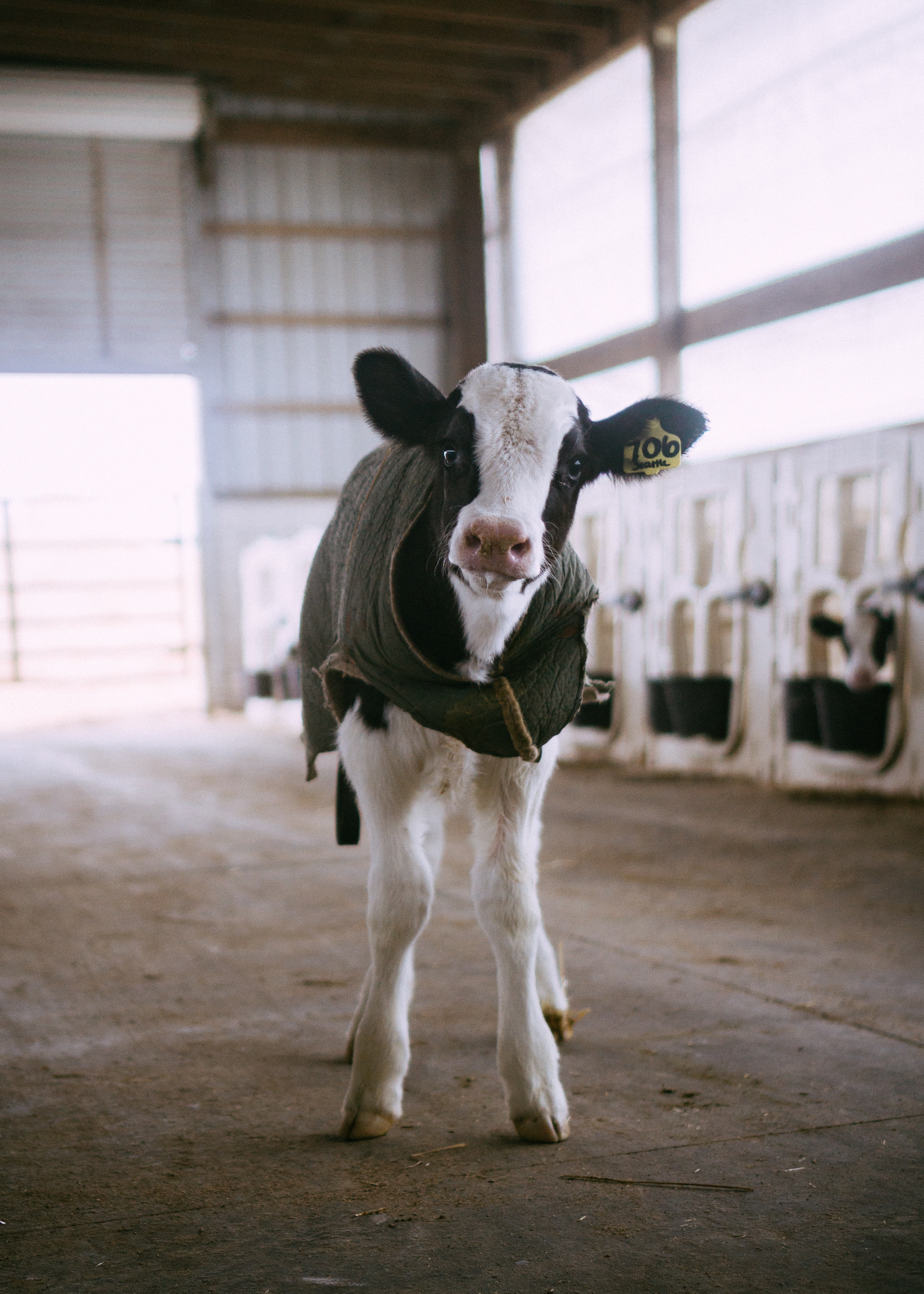 There is no “cruelty-free” or “humane” way to produce meat or dairy products. Even “free-range” chickens and pigs have to be killed against their will in order to become meat on your plate. Milk, whether “organic” or not, still requires a female cow to be repeatedly artificially impregnated without consent (which would be defined as rape for a human being) and is then killed when she no longer produces enough milk. Her baby calf is taken from her just hours after birth, either to be killed and sold as veal or to be raised away from her as a dairy cow, and the cycle of suffering begins again. The egg industry kills millions of newly hatched male chicks for which the hatcheries have no use. This is the case for all industrialised egg production in both the US and UK, regardless of whether the eggs are free-range, organic, or battery cage.[1]
There is no “cruelty-free” or “humane” way to produce meat or dairy products. Even “free-range” chickens and pigs have to be killed against their will in order to become meat on your plate. Milk, whether “organic” or not, still requires a female cow to be repeatedly artificially impregnated without consent (which would be defined as rape for a human being) and is then killed when she no longer produces enough milk. Her baby calf is taken from her just hours after birth, either to be killed and sold as veal or to be raised away from her as a dairy cow, and the cycle of suffering begins again. The egg industry kills millions of newly hatched male chicks for which the hatcheries have no use. This is the case for all industrialised egg production in both the US and UK, regardless of whether the eggs are free-range, organic, or battery cage.[1]
- Eating meat and dairy causes unnecessary harm to our health.
There have been many peer-reviewed scientific studies which demonstrate that eating meat and dairy can cause significant long term damage to our health, including high cholesterol, diabetes, heart disease, obesity, strokes and several forms of cancer.[2] In addition to this, abattoir work has been linked to multiple mental health problems. One researcher uses the term “Perpetrator-Induced Traumatic Syndrome” to refer to symptoms of PTSD suffered by slaughterhouse workers. The long hours, relentless work, and being surrounded by death every day has also led to clinical depression and, in some cases, suicide.[3]
- Eating meat and dairy causes unnecessary harm to the planet.
Many people, including myself, try to avoid products containing palm oil because of the mass deforestation caused by the palm oil industry. However, what most people don’t realise is that the meat industry causes nearly five times the amount of deforestation globally, mostly to grow soya beans as feed for livestock. On top of this deforestation, which destroys habitats causing mass species extinction, the meat industry also causes huge amounts of pollution in our rivers and oceans, which has created several aptly named “dead zones” in the sea, which are areas where no fish or sea creatures can live because of the toxic levels of pollution. Animal agriculture is also one of the main causes of Co2 emissions, due to the vast amount of transportation required to move animals from farm to slaughter to warehouse to shop. On top of this, the meat and dairy industry uses a phenomenal amount of water, which is causing severe droughts in other parts of the world. It is estimated that we currently need 1.7 planet Earths because we are using more ecological resources and services than nature can regenerate through overfishing, overharvesting forests, and emitting more carbon dioxide into the atmosphere than ecosystems can absorb.[4]
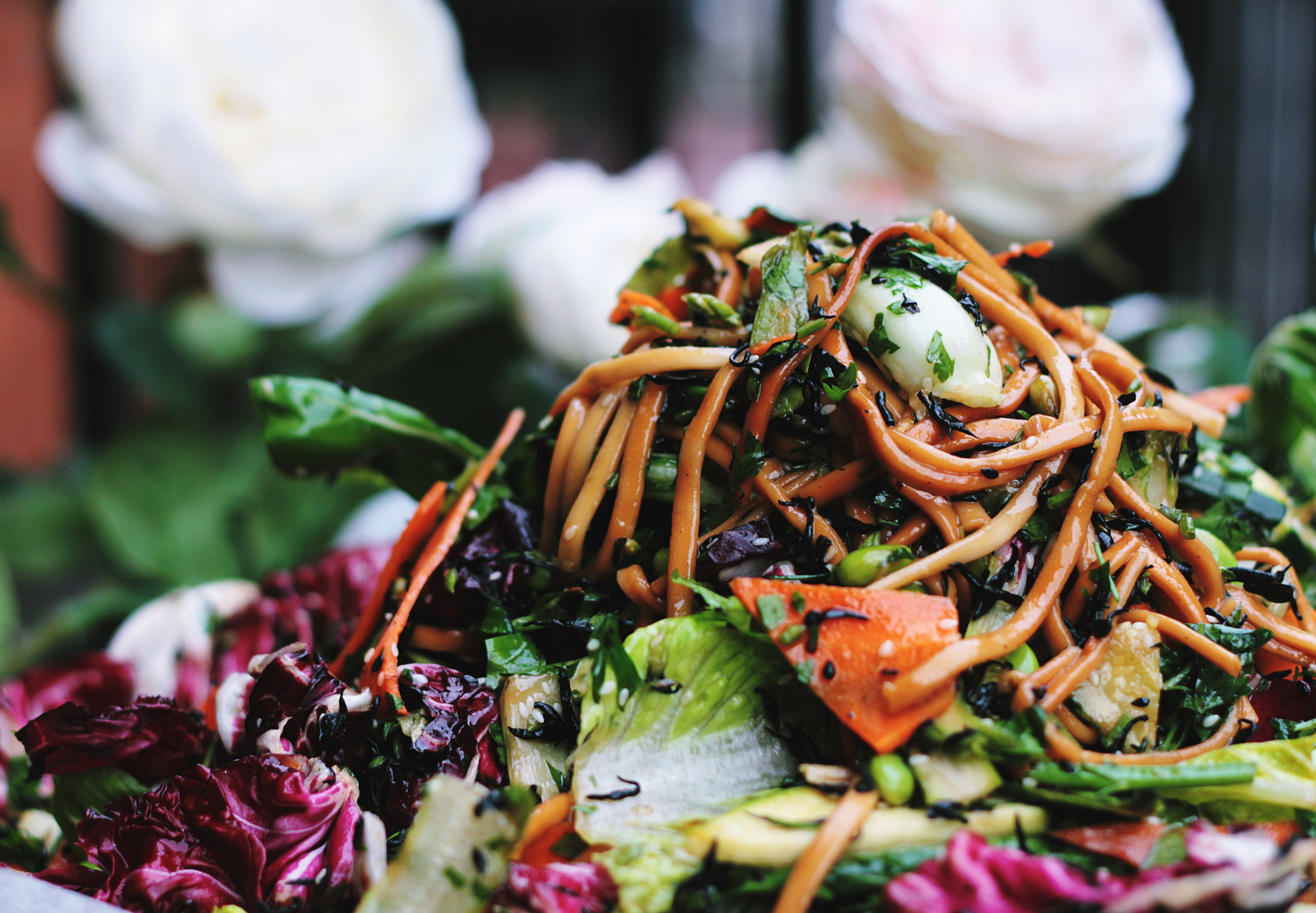 So, this Lent, why not give going vegan a try, whether for the animals, your own health or to protect this amazing and wonderful planet God has given us? You might even discover some great recipes that you’ll want to use again and again, even after Lent. It’s much easier to go vegan than you might think, especially as most supermarkets now offer so many vegan and vegetarian alternatives. It took me ages to find a vegan cheese or milk that I liked, but my advice is keep persevering, everyone’s tastes are different and there are so many to choose from (my current favourite milk is roasted almond and my favourite vegan cheese is the Applewood smoked vegan cheddar). For some great vegan meal recipes and inspiration, I’d highly recommend visiting the Veganuary website.
So, this Lent, why not give going vegan a try, whether for the animals, your own health or to protect this amazing and wonderful planet God has given us? You might even discover some great recipes that you’ll want to use again and again, even after Lent. It’s much easier to go vegan than you might think, especially as most supermarkets now offer so many vegan and vegetarian alternatives. It took me ages to find a vegan cheese or milk that I liked, but my advice is keep persevering, everyone’s tastes are different and there are so many to choose from (my current favourite milk is roasted almond and my favourite vegan cheese is the Applewood smoked vegan cheddar). For some great vegan meal recipes and inspiration, I’d highly recommend visiting the Veganuary website.
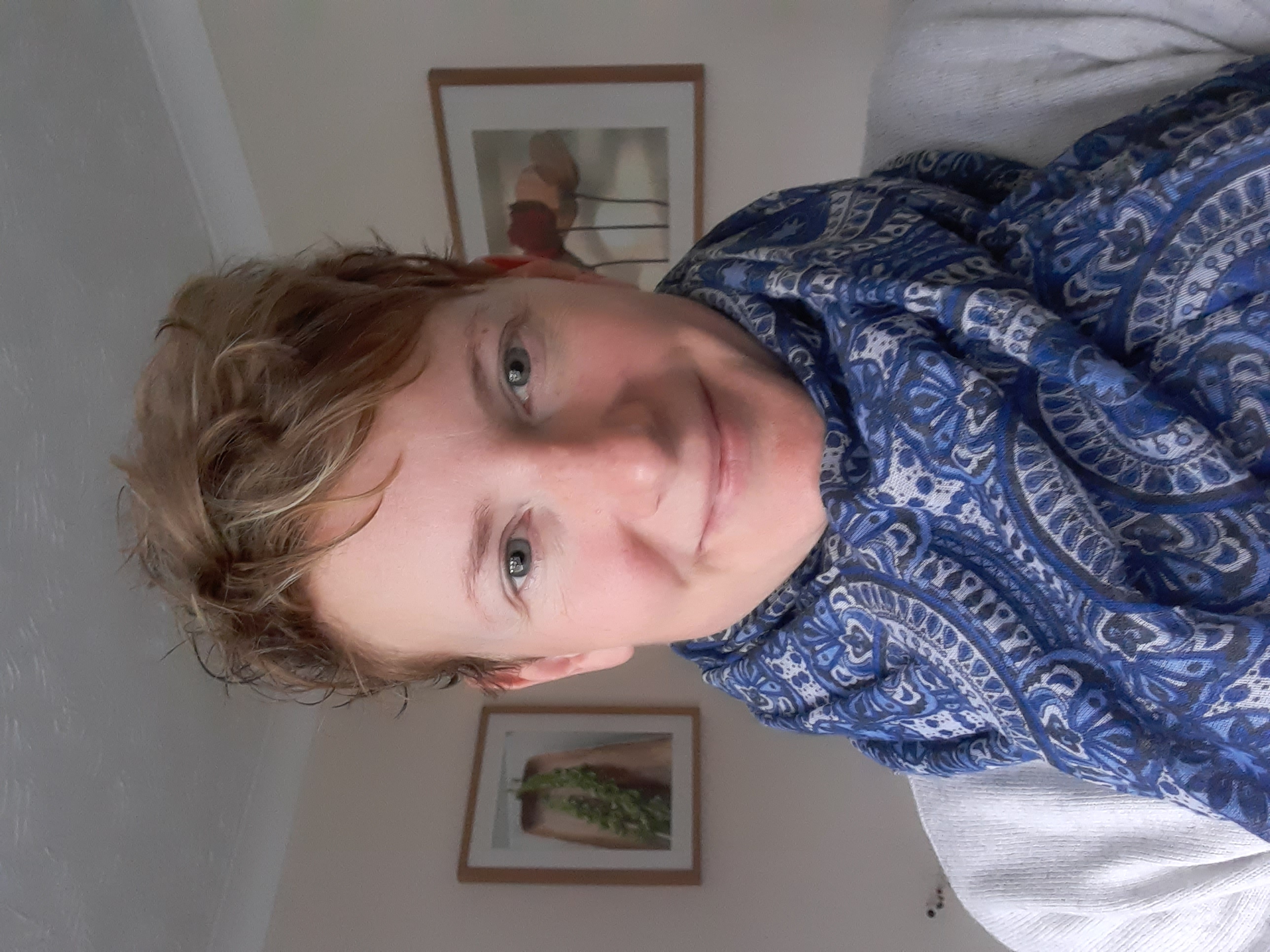 Nicky Pybus is a full time lay pioneer minister for the Church of England, based on the Bournville estate in Weston-super-Mare. Nicky always feels closest to God in nature and is very drawn to Celtic Christianity and mystic/contemplative spirituality. Nicky is married with two teenage children and loves spending time at her allotment and going for long walks with her dog Lilly.
Nicky Pybus is a full time lay pioneer minister for the Church of England, based on the Bournville estate in Weston-super-Mare. Nicky always feels closest to God in nature and is very drawn to Celtic Christianity and mystic/contemplative spirituality. Nicky is married with two teenage children and loves spending time at her allotment and going for long walks with her dog Lilly.
[1] https://www.vegansociety.com/go-vegan/why-go-vegan/dairy-industry
[2] https://viva.org.uk/health/why-animal-products-harm/why-meat-fish-dairy-harm
[3] https://www.bbc.co.uk/news/stories-50986683
[4] https://www.independent.co.uk/news/earth-overshoot-day-natural-resources-humans-planet-nature-damage-global-footprint-a8460756.html


